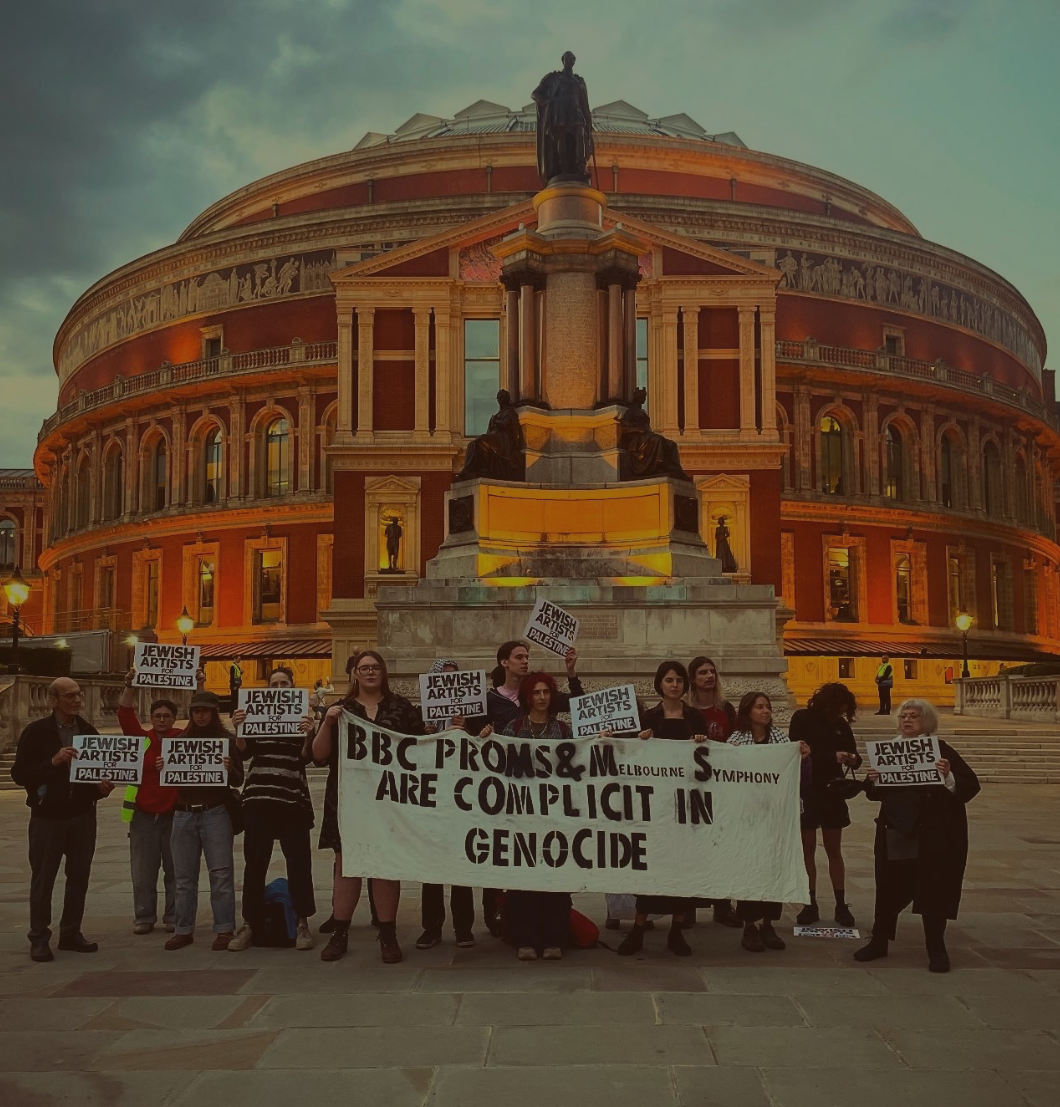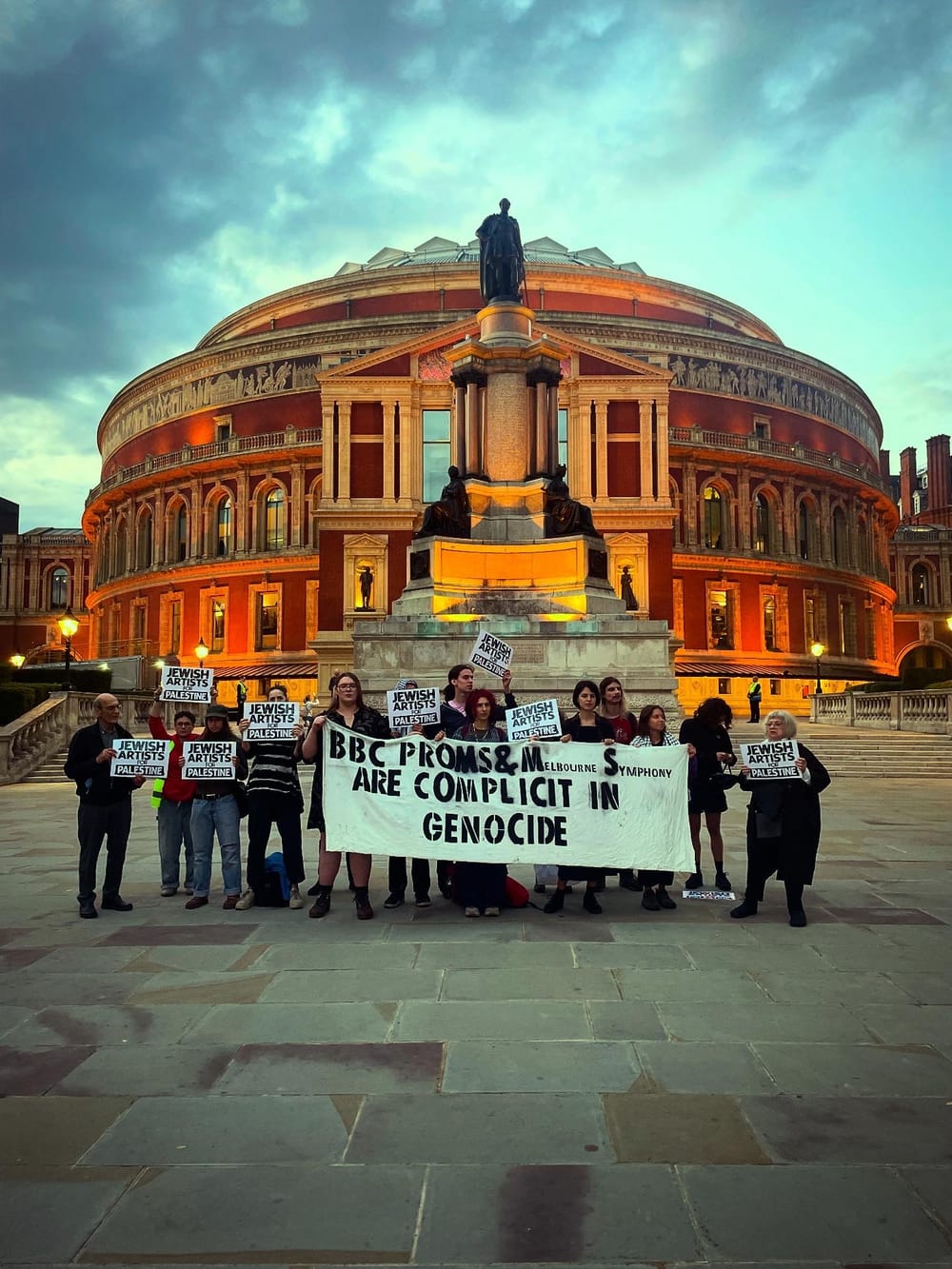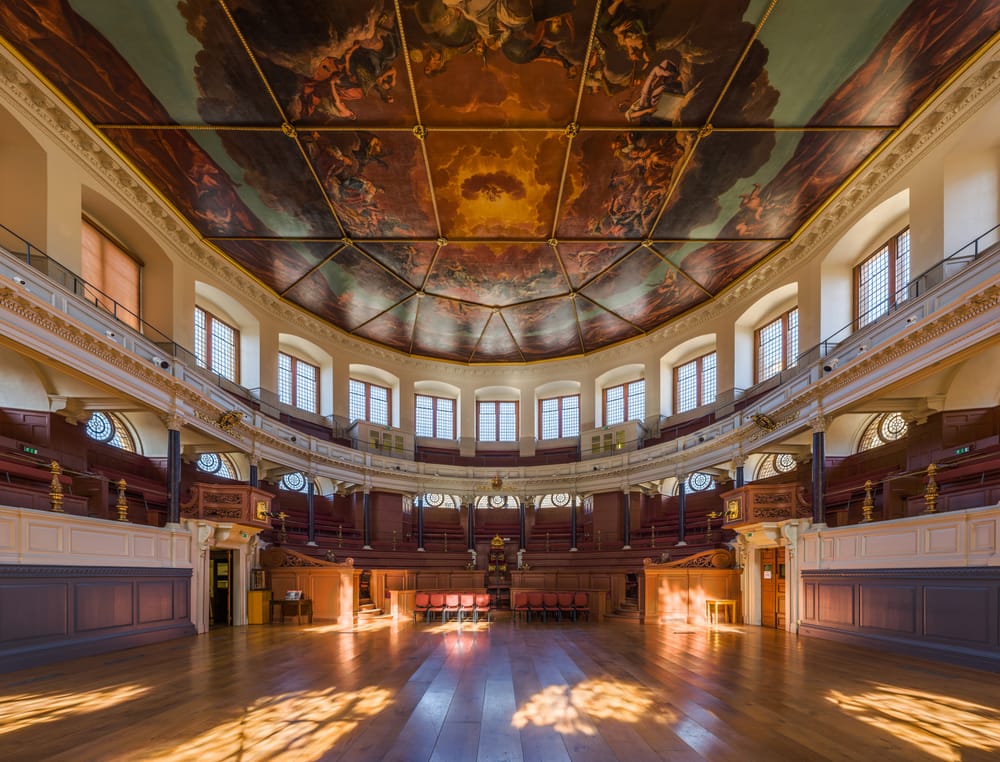Machloket (Live) review
The next iteration of the story-sharing project, an immersive performance, raises how productive disagreements could undercut the damaging consequences of perceived, and actual, Jewish homogeneity.
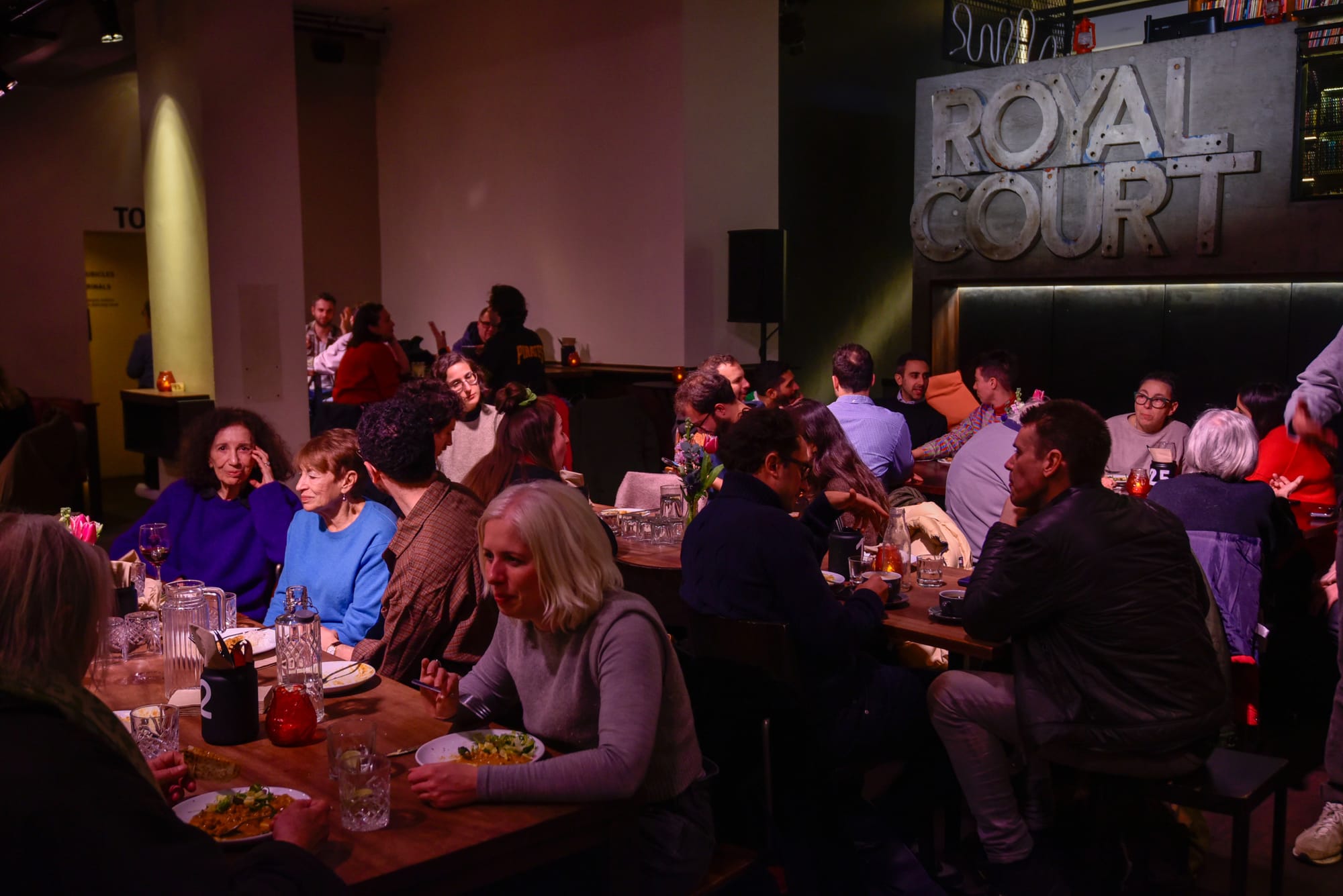
As we enter the basement of the Royal Court Theatre, the smell of home-cooked food fills the air. Spooning rice out of a great metal vat are Nick Cassenbaum and Tash Hyman, that night’s show’s two creators, who greet each member of their hungry audience with a warm “lovely to see you”. Seemingly intended to mimic the atmosphere of an extended family gathering, long dining tables are lined with faces I half recognise: friends of friends, old schoolmates, even an old teacher. How appropriate, then, that this event should centre on the tendency of all Jewish families not only to eat but also, essentially, to argue.
The show’s namesake, Machloket - or, as Nick insists on the Ashkenazi pronunciation, makhloykes - refers to a religious disagreement between Jews that ultimately brings them closer to God. For the purposes of this live event, it refers more broadly to a productive conflict: the very opposite of the archetypal Jewish broyges, which culminates almost always in at least two people no longer talking.
Since the beginning of 2023, Nick and Tash have been collecting stories from various Jewish communities, stitching their experiences first into Machloket, the podcast, and now into a series of immersive performances. Although they do not state it explicitly, it is clear they have taken pains to capture and platform the experiences of Jews that feel excluded from a Jewish mainstream. Over the course of the evening we hear from five groups of Jews, including Egyptian refugees living in London, members of the last synagogue in Bradford, and a group of students from an anonymised queer-talmud study group. All of the groups describe their own efforts to build Jewish community from the ground up, sometimes against all odds. Each story is accompanied by live music from Josh Middleton. Combined, they reflect the sheer diversity of Jewish identities and life in the UK, platforming voices that don’t often get a hearing. Or, who’s existence and resistance is ignored by the totalising claim of representation by Jewish communal institutional bodies.
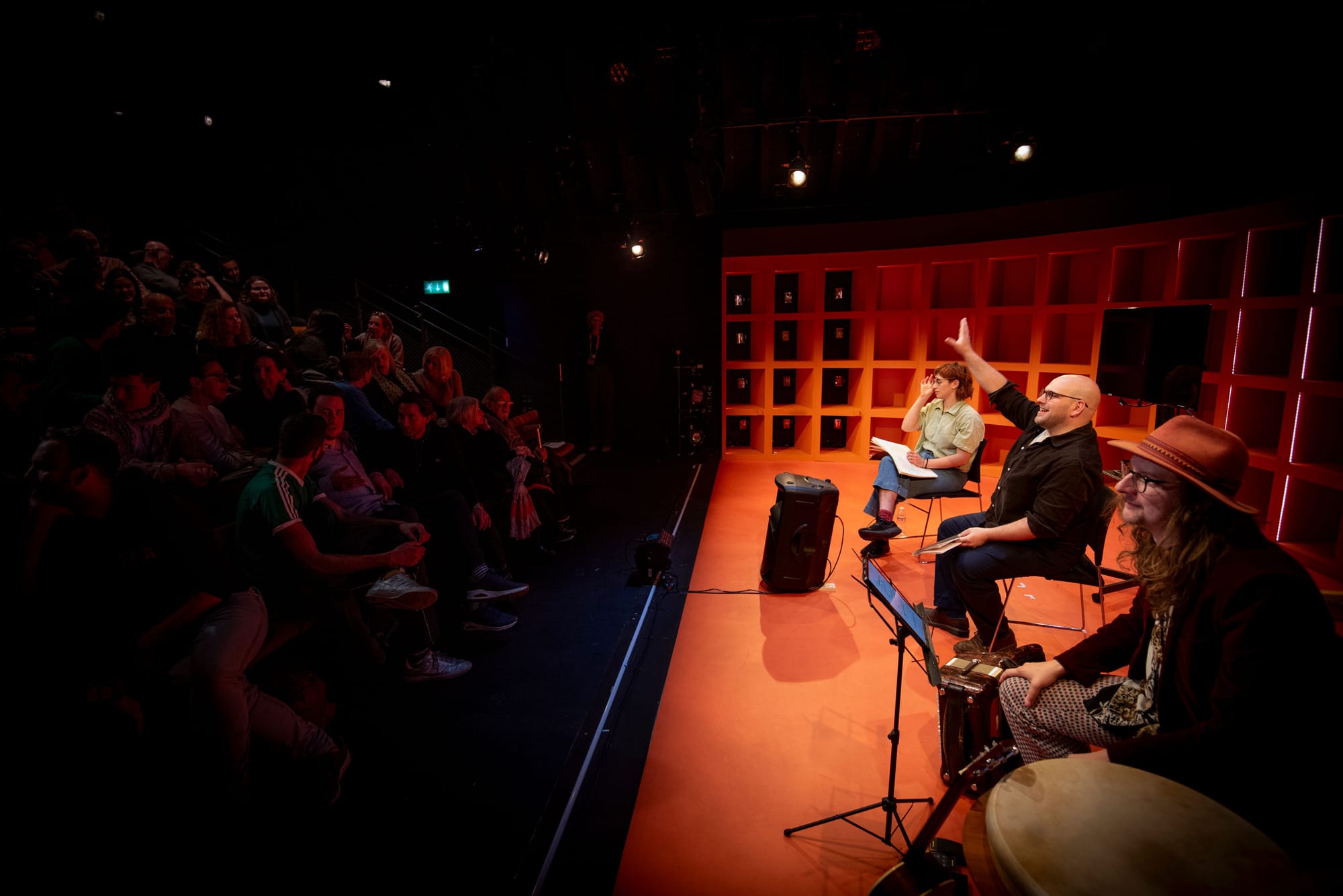
The event may have been more aptly described as a communal dialogue than a straightforward piece of theatre. The stories are not performed but instead played through speakers in the voices of their original narrators. At times, I hoped for a greater sense of immersion. Mostly, though, the production’s deviation from traditional theatrical norms is an unqualified positive. At multiple points throughout the night audience members are encouraged to turn to one another and reflect on the stories we hear. I find myself in conversation with strangers about what it means to “belong”, or on the melancholy optimism we feel hearing from these Jewish communities that persist, often against the odds. In this way, the Machloket live event helps to forge the sense of a collective in real time. I leave feeling grateful to have made these connections.
Throughout the night, I am conscious that the positive atmosphere in the room is facilitated by a broadly sympathetic audience. It seems these discussions might have been much trickier in another kind of space. It is also notable that many of the stories we hear reflect a splintering from the Jewish mainstream that is more in the lineage of a broyges than a makhloykes, with multiple narrators reporting a deep sense of alienation from - and resentment toward - the Jewish establishment. I wonder how the creators envision their project being able to transform these wounds into the productive conflict they set out to facilitate?
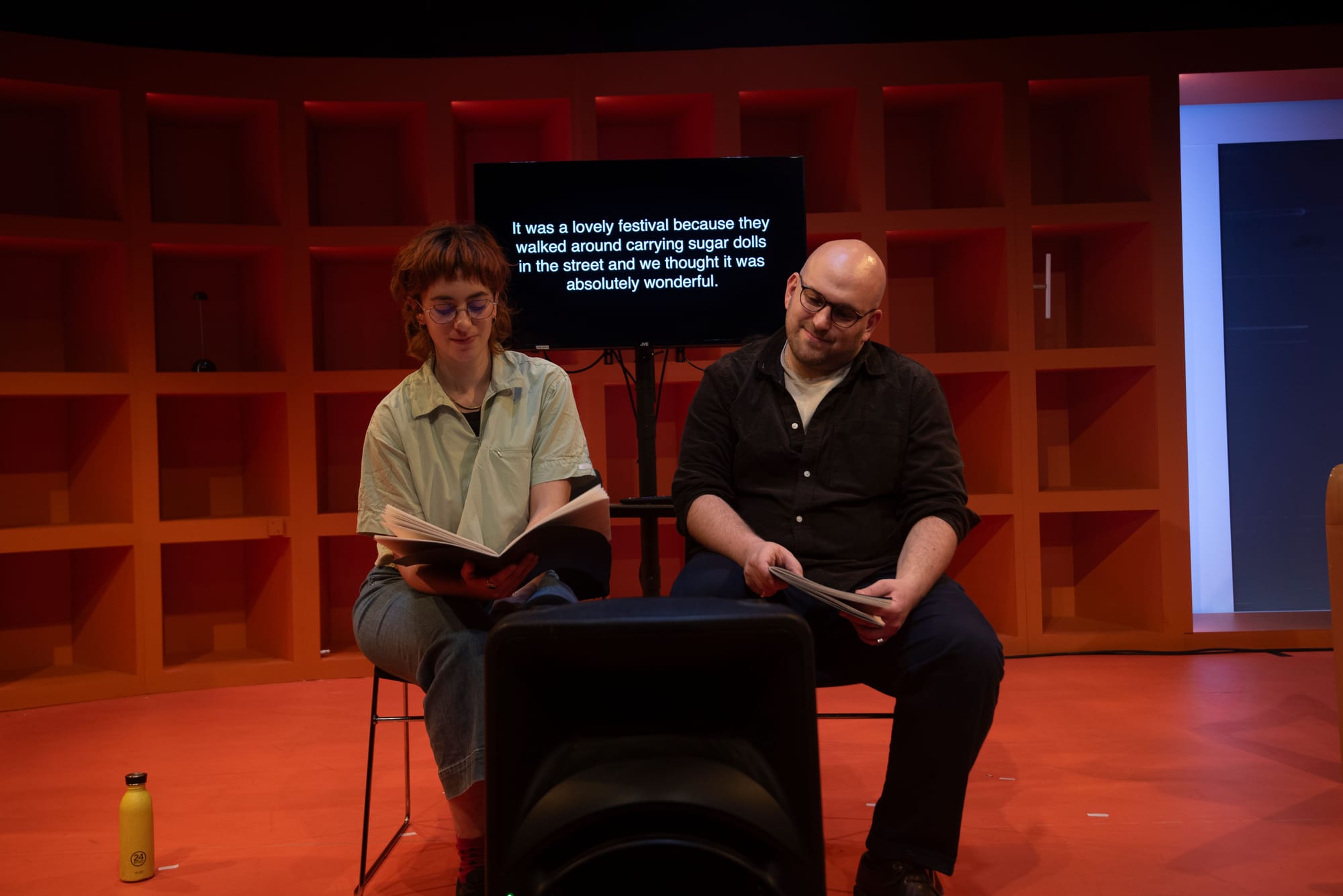
The possibility of internal dialogue may now seem more remote than when their project was initiated in early 2023. Many readers will doubt the viability, or efficacy, of such a project in its entirety. It nonetheless seems clear to me that Machloket speaks to a need for healthier, literally speaking productive, avenues for disagreement between Jews. Such avenues can swiften the undercutting of hegemony in the Jewish mainstream - including hegemonic support for the Israeli state - but are also valuable in and of themselves: because vibrant communities can and should be heterogeneous.
I would be curious to witness the same production performed in more traditional Jewish settings, bringing the estranged children of the Jewish extended family back into its metaphorical living room for a heated but loving debate over a shabbes meal. Maybe this is wishful thinking: some bonds have no doubt splintered beyond debate or repair. But I am keen to see Machloket continue to evolve in its efforts to realise such dialogue, bringing us ever closer to God (or each other, whichever comes first).
Listen to the podcast version of the Machloket project here or search Machloket wherever you get your podcasts
Aleph Ross is a PhD student working on sexuality, sexual medicine and Jewishness in 20th century Britain. She sits on the steering group of the Yiddish Sof-Vokh, the UK’s first and only immersive Yiddish residential weekend and is also working (slowly) on a biography of Morris Myer, a Romanian-born Yiddish journalist based in London, and her great-great grandfather.
Author
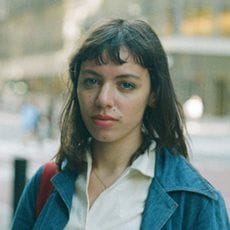
Aleph Ross is a PhD student at the University of Birmingham writing about the history of sexuality in Britain’s Jewish community.
Sign up for The Pickle and New, From Vashti.
Stay up to date with Vashti.
